HMRC crackdown on workers who earn extra income comes into force - what tax do you need to pay?
New rules have come into effect allowing the taxman to get a closer look at the extra income people are making through selling items online or renting out properties on Airbnb. We explain what it may mean for your tax bill.

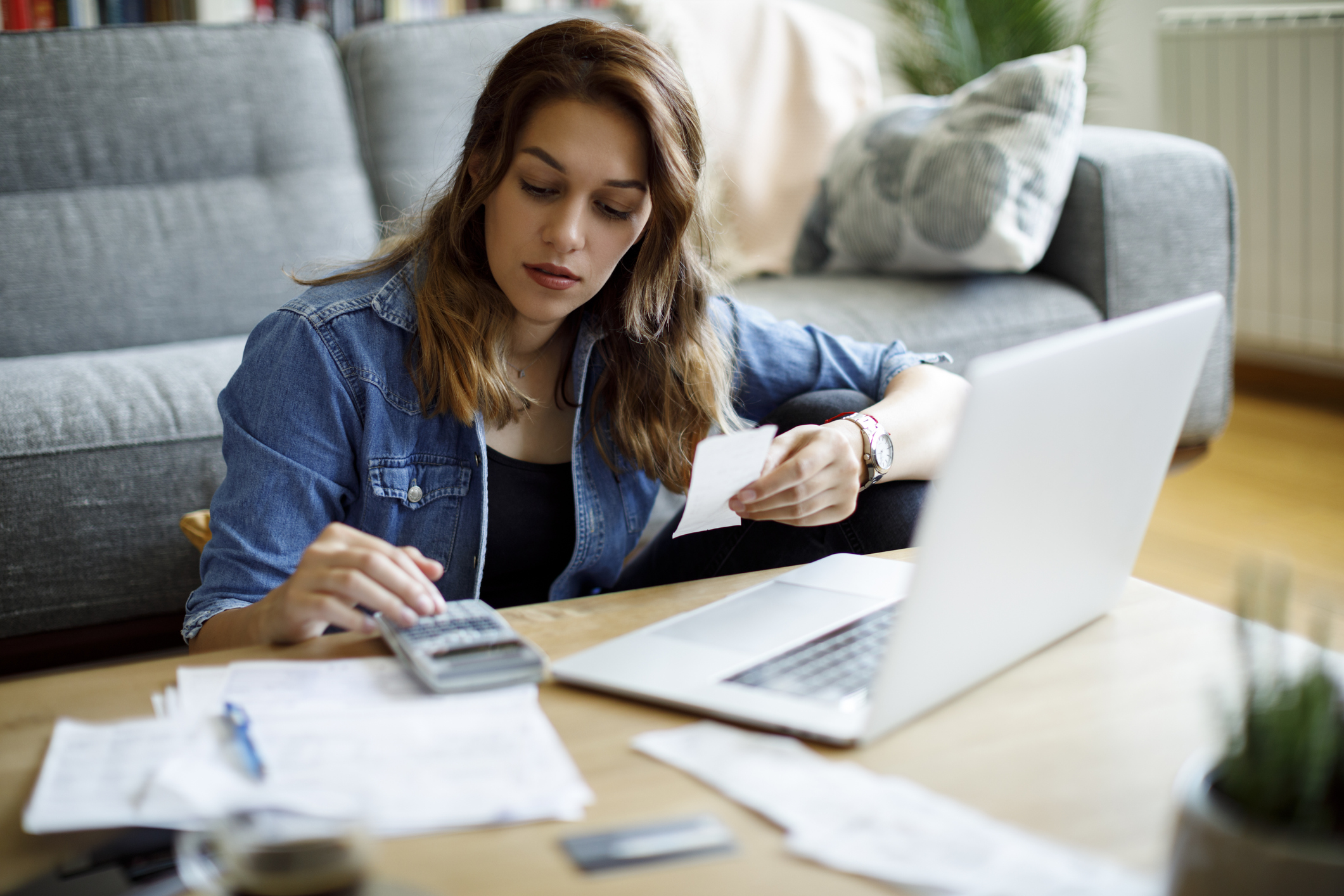
Get the latest financial news, insights and expert analysis from our award-winning MoneyWeek team, to help you understand what really matters when it comes to your finances.
You are now subscribed
Your newsletter sign-up was successful
Want to add more newsletters?

Twice daily
MoneyWeek
Get the latest financial news, insights and expert analysis from our award-winning MoneyWeek team, to help you understand what really matters when it comes to your finances.

Four times a week
Look After My Bills
Sign up to our free money-saving newsletter, filled with the latest news and expert advice to help you find the best tips and deals for managing your bills. Start saving today!
Holiday homeowners, online marketplace sellers and people who rent out property on Airbnb face a tax crackdown after new rules came into force at the start of the year.
Digital platforms like eBay, Vinted and Airbnb are now required to report information about the income of users directly to HMRC. It could see thousands of people who earn a bit of extra income being caught out by the taxman if they haven’t declared it.
Around 44% of UK workers have found ways of earning extra cash to supplement their income during the cost of living crisis, according to new data by Finder, with 'social media influencer' being the top side hustle.
MoneyWeek
Subscribe to MoneyWeek today and get your first six magazine issues absolutely FREE

Sign up to Money Morning
Don't miss the latest investment and personal finances news, market analysis, plus money-saving tips with our free twice-daily newsletter
Don't miss the latest investment and personal finances news, market analysis, plus money-saving tips with our free twice-daily newsletter
“While extra cash is always welcome, some people won’t be used to the tax implications of working for themselves, and could easily land themselves in hot water with the taxman,” warns Cameron Jaques, business loans expert at money.co.uk.
We explain who needs to pay tax on extra income like a “side hustle” or renting out a property, whether you need to do a tax return, and what the new rules mean for you.
What do the new rules mean?
Digital platforms that allow people to make extra cash on top of their main income now have to start reporting how much money their users are making to HMRC, as a result of new rules which took effect from New Year’s Day.
Previously HMRC has been able to request this data on an ad-hoc basis, but it will now be shared automatically.
The rules affect websites and apps like Vinted, eBay, Depop, Etsy, Uber, Airbnb and JustPark. It means holiday rental hosts, delivery drivers, people who buy and sell clothes and other items using online marketplaces, and those who sell homemade crafts online, will be impacted.
The tax clampdown also affects digital platforms based overseas - including for holiday lets in Europe - so they now have to report to HMRC about their UK-resident sellers.
A copy of the details that the platform supplies to the taxman will be sent to the seller to help them comply with their tax obligations. HMRC hopes the rules will mean more people get their tax bill right and catch those who are deliberately avoiding paying.
Although, as Nick Winters, partner at the accountants Blick Rothenberg, points out, the digital platforms “will be reporting annually for calendar years [rather than tax years], so the first period of reporting will be the year ended 31 December 2024, which they need to report by 31 January 2025. This means that, as the reporting periods are different, the information will not directly correspond to those which taxpayers report on their tax returns.”
While the reporting requirement is from 1 January 2024, there is nothing to stop HMRC asking individuals whether income from that source started before then - which could cause big tax bills, and potentially fines, for some people.
The legislation comes from “The Platform Operators (Due Diligence and Reporting Requirements) Regulations 2023”, which were laid before the House of Commons on 19 July. They bring into force OECD rules that were adopted by the EU.
Given the increase in people having a side hustle and earning money online using platforms like Vinted or renting out a holiday home on Airbnb, the legislation gives HMRC “the tools to keep up with modern trading methods”, according to Winters.
Do I have to pay tax on my side hustle?
It depends if you’re considered a “trader”, and if you are, how much money you make.
Being a trader usually means that you buy and sell online regularly to make a profit. For example, if you have a spring clean and sell some unwanted items without intending to make a profit, this is unlikely to be classified as trading. However, if you often buy and sell clothes online to make a profit, you could face a tax bill.
There is a handy tool to check if you need to tell HMRC about additional income on gov.uk.
In terms of paying tax, anyone who earns £1,000 or less from a side hustle in a tax year does not have to pay tax or declare this income, thanks to the trading allowance. So, if you earn £1,000 from property or trading income it will be tax-free – if you’re a basic-rate taxpayer this will save you up to £200 a year, or £400 a year for a higher-rate taxpayer.
Whether you’re renting out your driveway or even selling jam at the local market, and your earnings are within the £1,000 allowance, you won’t usually need to fill out a tax return - but just make sure you keep any relevant paperwork proving your income in case HMRC asks for it later.
If you earn more than £1,000 from your side hustle in a tax year, you’ll still benefit from the trading allowance, but you will need to fill out a tax return to report the extra income and pay any tax.
Note that if you’re letting out furnished accommodation in your home, such as renting a room to a lodger, you can also earn up to £7,500 tax-free using the rent-a-room scheme.
However, if you make even £1 above your annual allowances, you need to tell HMRC.
Jaques said: “The bottom line is, whether it's selling on sites like Vinted or Depop, or doing a bit of dog walking, if you’re earning more than £1,000 in a tax year from your side hustle, you must register as self-employed with HMRC, even if you are also in full-time employment.
“Understanding how to avoid any unwelcome tax bills is a key part of having more than one job, so if you are tempted to start a side hustle, do your research first.”
How do I pay the tax?
If you think you need to file a tax return for income earned in the 2022-23 tax year, the deadline to register for self-assessment was 5 October. If you haven't done it yet, don't panic - just try to sign up as soon as you can.
You then have until 31 January, 2024 to submit your tax return online and pay any tax due for 2022-23.
When you fill in your tax return, you need to include information about all sources of income, including your side hustle, your employment and anything else, such as buy-to-let or pension income.
You can pay the income tax in a variety of ways, including via online banking, by debit card online, at your bank or building society, or by posting a cheque. Just make sure the money arrives at HMRC by 31 January.
You can often change your tax code and pay extra tax through PAYE (in other words, deducted via the pay packets from your employer). However, Winters says: “The taxpayer cannot usually pay this tax through their PAYE. They would need to file a tax return and pay tax under the self-assessment regime.”
What about tax I need to pay for previous years?
If you have been earning a small amount over your allowance for a number of years, you can usually file self-assessment returns for those years retrospectively and pay the tax due.
However, if you have larger sums to declare or have filed tax returns and did not mention your additional income, you will need to make a voluntary disclosure. You can use the online voluntary disclosure process to tell HMRC about the income.
Any penalties for outstanding tax will usually be lower if you proactively contact HMRC, rather than have the taxman chase you.
Fines can vary from 0-30% of the tax due for failing to pay it “because of a lack of reasonable care” to 100% in some cases where the failing is “deliberate and concealed”.
Winters adds: “Penalties can be reduced if you tell HMRC about the error, help them to calculate the extra tax and give them access to check the figures
“There will also be an interest charge for later payment – as interest rates have risen, this is now potentially significant too.”
Get the latest financial news, insights and expert analysis from our award-winning MoneyWeek team, to help you understand what really matters when it comes to your finances.

Ruth is an award-winning financial journalist with more than 15 years' experience of working on national newspapers, websites and specialist magazines.
She is passionate about helping people feel more confident about their finances. She was previously editor of Times Money Mentor, and prior to that was deputy Money editor at The Sunday Times.
A multi-award winning journalist, Ruth started her career on a pensions magazine at the FT Group, and has also worked at Money Observer and Money Advice Service.
Outside of work, she is a mum to two young children, while also serving as a magistrate and an NHS volunteer.
-
 Should you buy an active ETF?
Should you buy an active ETF?ETFs are often mischaracterised as passive products, but they can be a convenient way to add active management to your portfolio
-
 Power up your pension before 5 April – easy ways to save before the tax year end
Power up your pension before 5 April – easy ways to save before the tax year endWith the end of the tax year looming, pension savers currently have a window to review and maximise what’s going into their retirement funds – we look at how
-
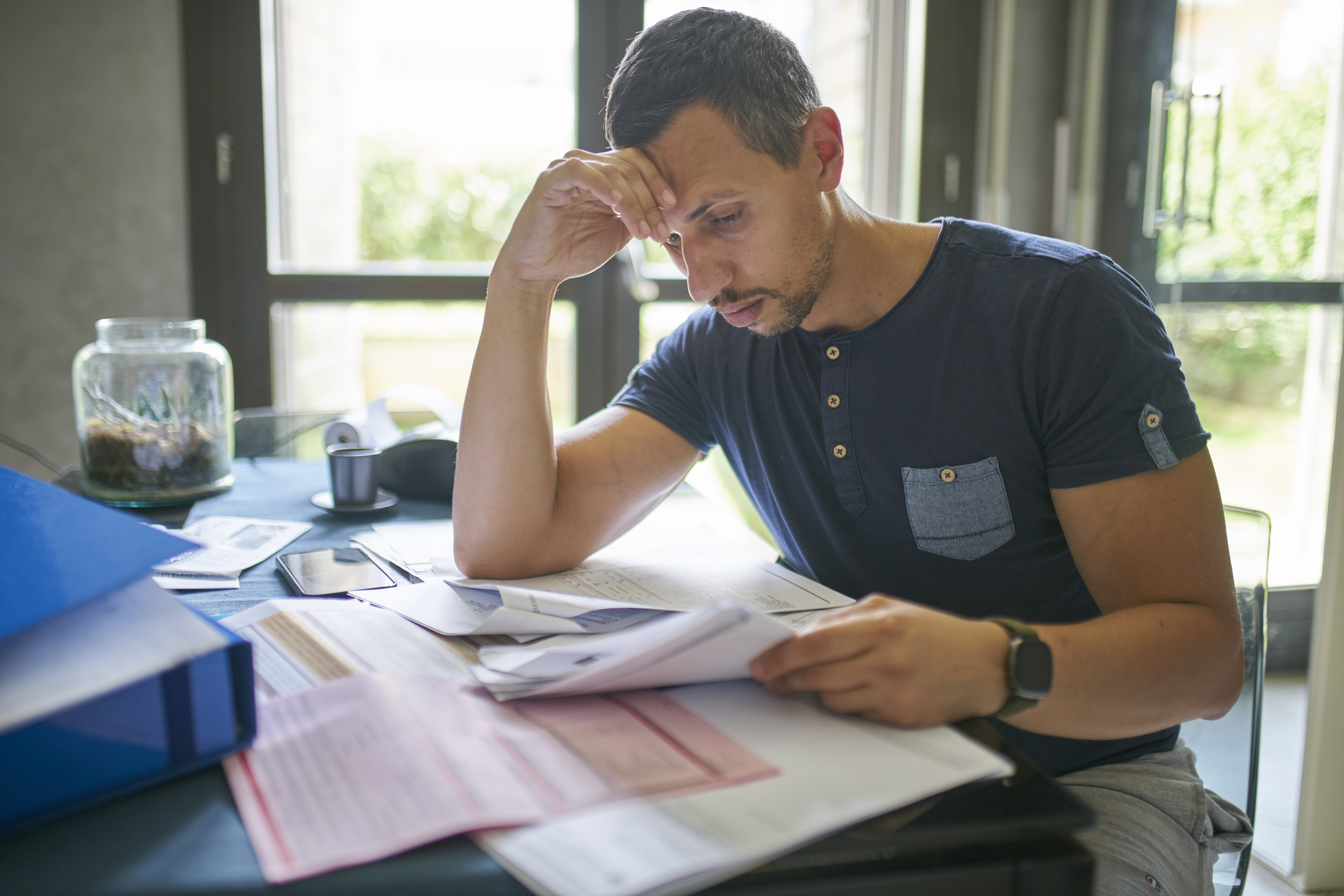 Two million taxpayers to be hit by £100k tax trap by 2026/27
Two million taxpayers to be hit by £100k tax trap by 2026/27Frozen thresholds mean more people than ever are set to pay an effective income tax rate of 60% as their earnings increase beyond £100,000. We look at why, as well as how you can avoid being caught in the trap.
-
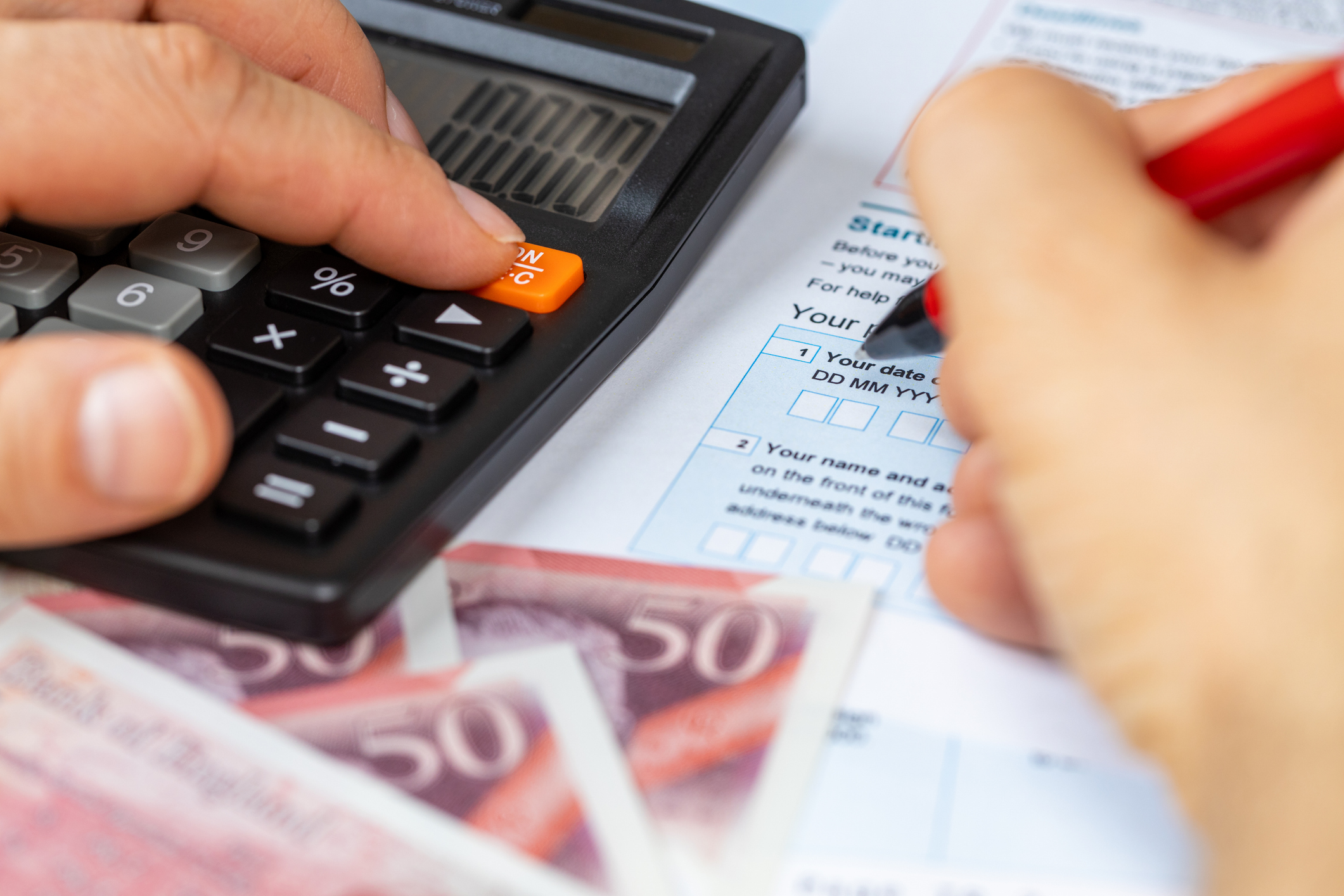 13 tax changes in 2026 – which taxes are going up?
13 tax changes in 2026 – which taxes are going up?As 2026 gets underway, we look at what lies ahead in terms of changes to tax rates and allowances this year and how it will affect you.
-
 How to limit how much of your Christmas bonus goes to the taxman
How to limit how much of your Christmas bonus goes to the taxmanIt's Christmas bonus season but the boosted pay packet may mean much of your hard-earned reward ends up with HMRC instead of in your pocket
-
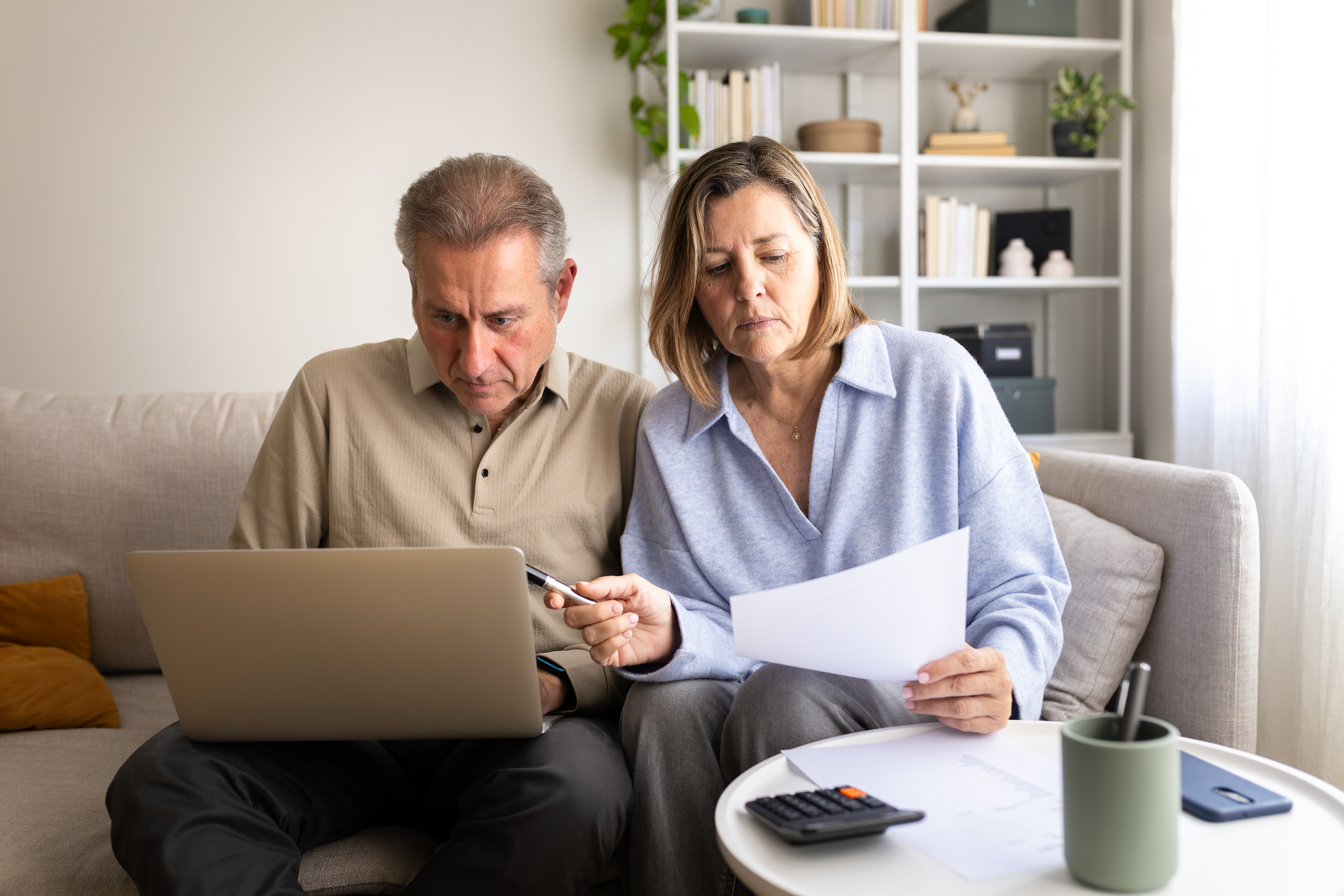 Over 1 million pay 45% rate of income tax as fiscal drag bites
Over 1 million pay 45% rate of income tax as fiscal drag bitesHundreds of thousands more people are being pushed into the additional rate tax band by fiscal drag
-
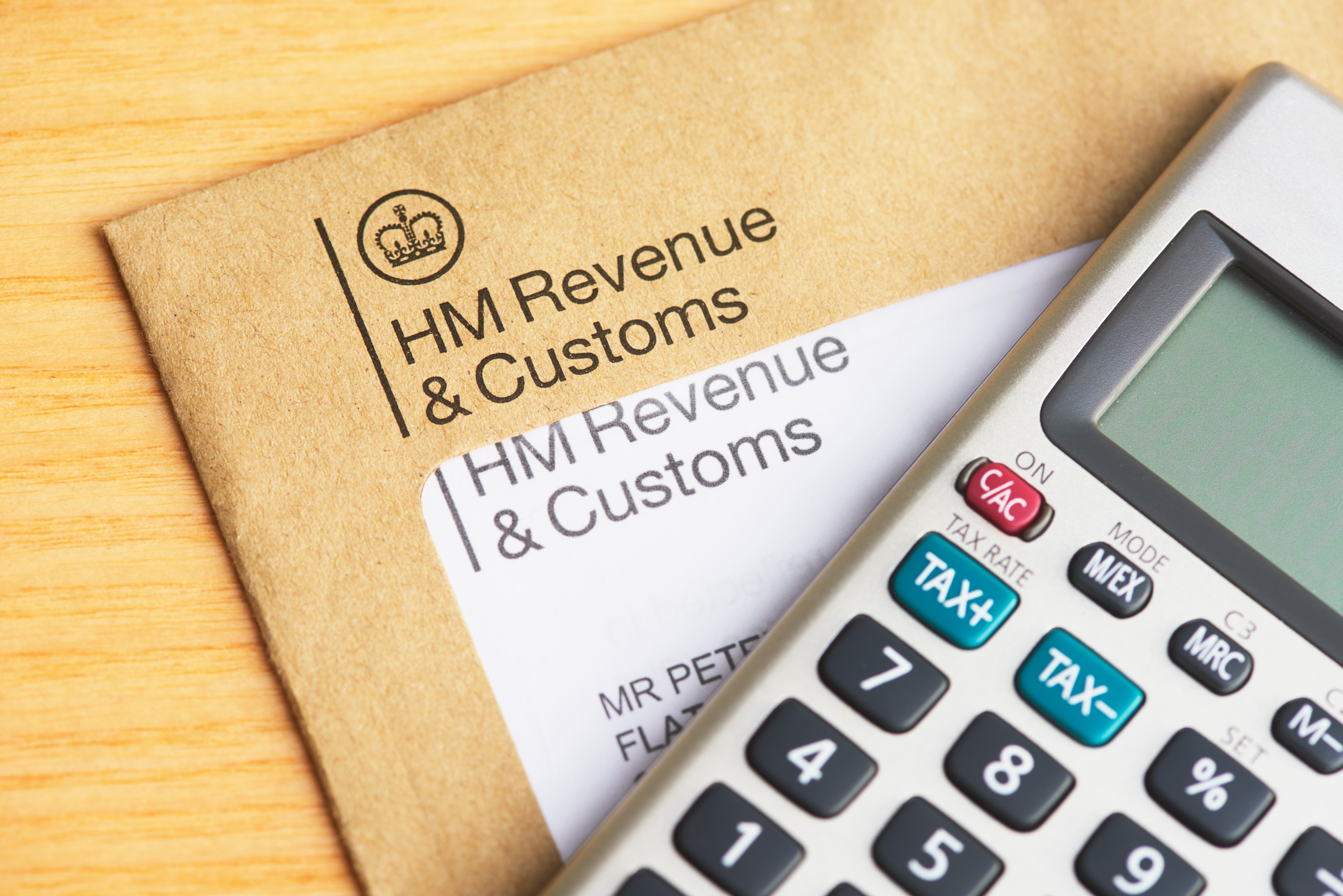 'I've used my annual ISA allowance. How can I shield my savings from tax?'
'I've used my annual ISA allowance. How can I shield my savings from tax?'As millions face paying tax on savings interest, we explore how to protect your money from the taxman. If you've used up your ISA allowance, we look at the other tax-efficient options.
-
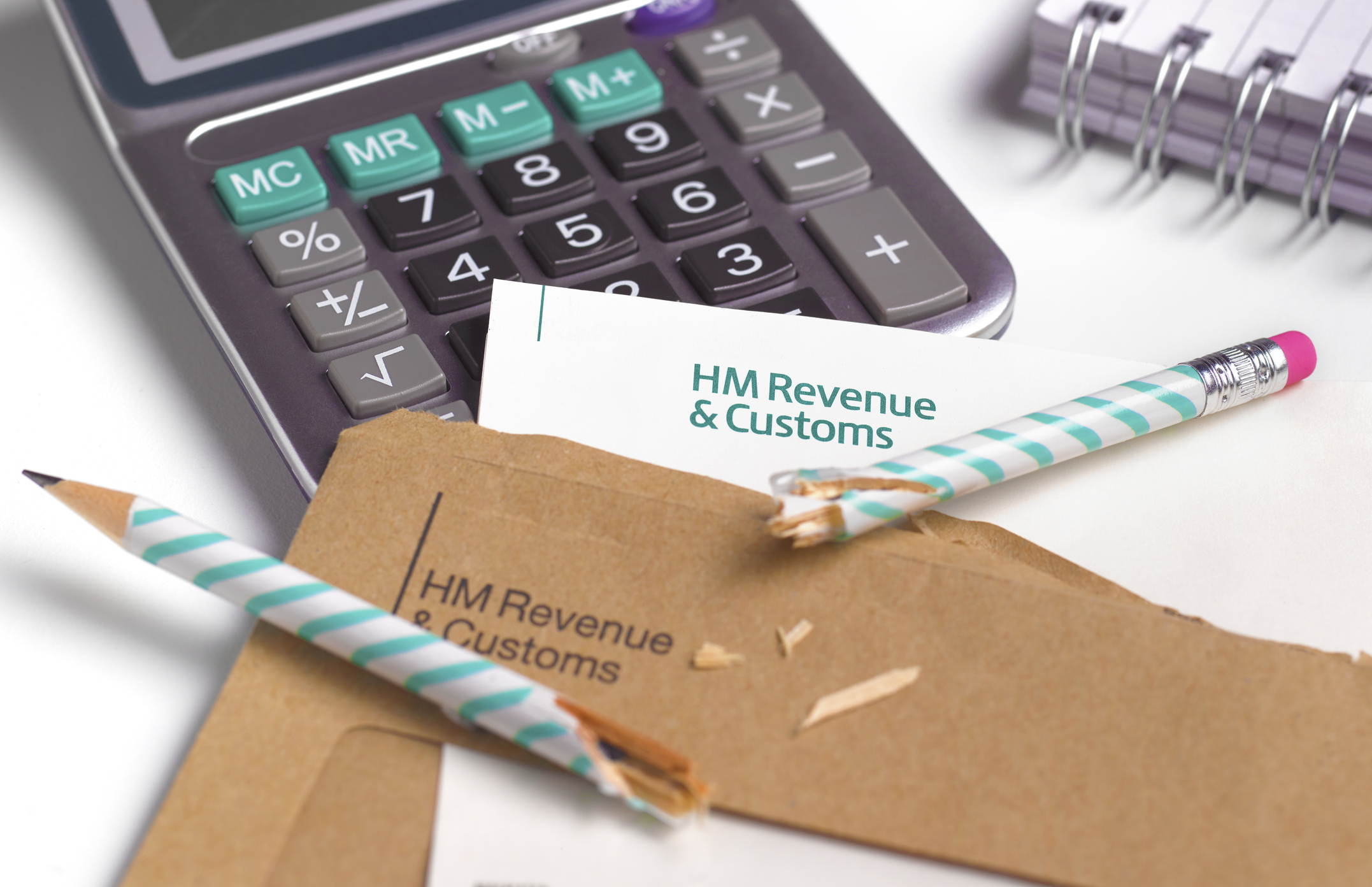 Simple assessment explained as millions brace for unexpected tax bills
Simple assessment explained as millions brace for unexpected tax billsIncreasing numbers of people could get letters from HMRC saying they owe more tax due to frozen thresholds, under a system known as simple assessment. Here is what it means for you.
-
 What are wealth taxes and would they work in Britain?
What are wealth taxes and would they work in Britain?The Treasury is short of cash and mulling over how it can get its hands on more money to plug the gap. Could wealth taxes do the trick?
-
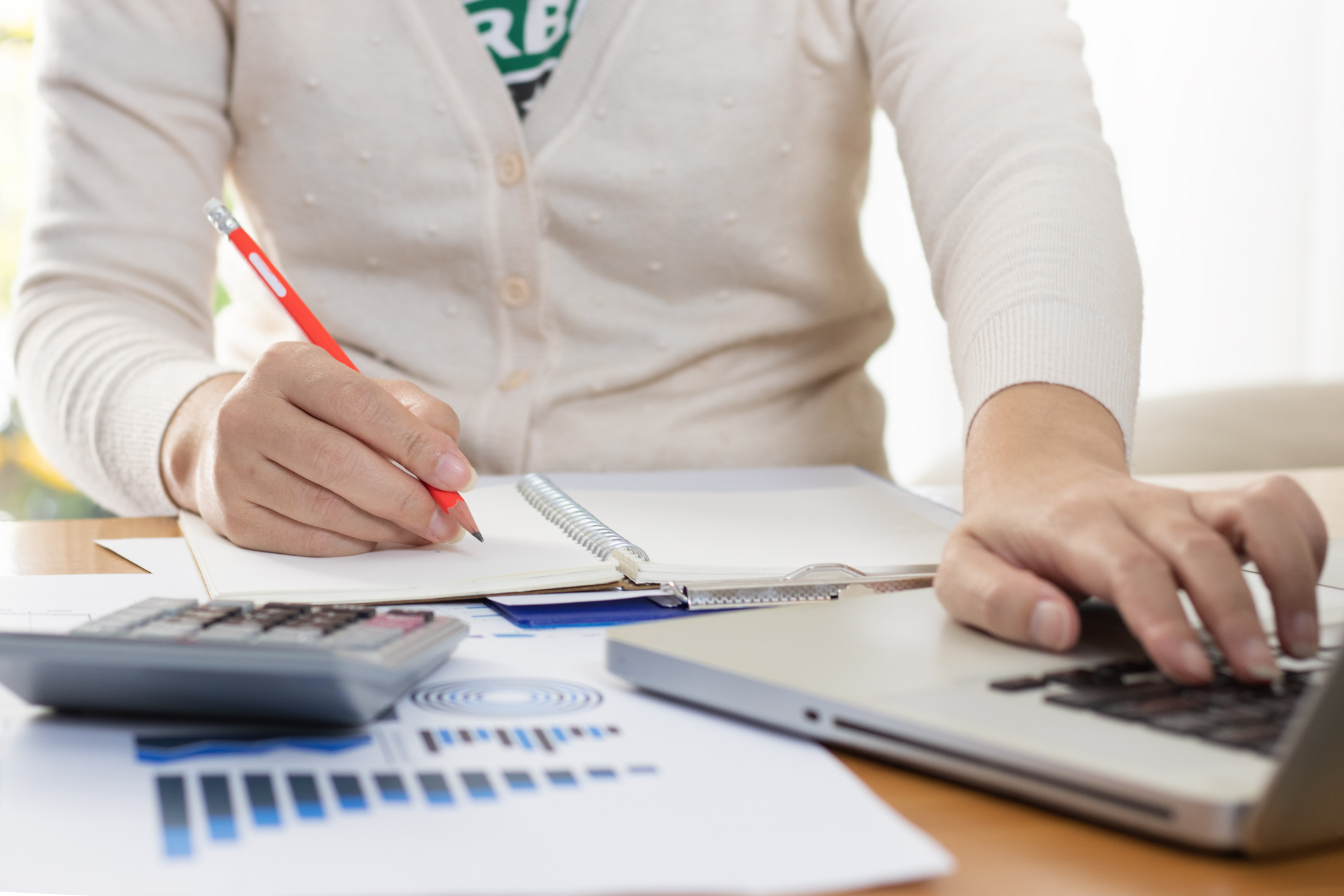 When is the self-assessment tax return deadline?
When is the self-assessment tax return deadline?If you are self-employed, rent out a property or earn income from savings or investments, you may need to complete a self-assessment tax return. We run through the deadlines you need to know about